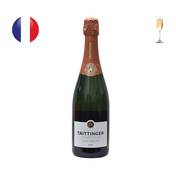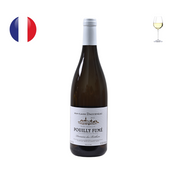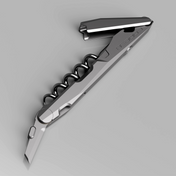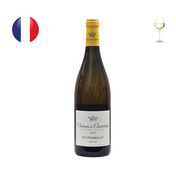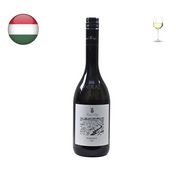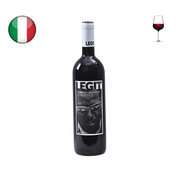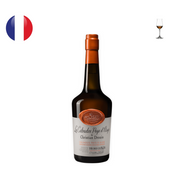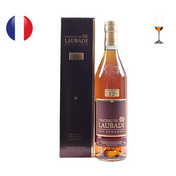I Fabbri stands as a family-owned winery in the Lamole subzone of Chianti Classico, Tuscany. Susanna Grassi serves as owner and winemaker, managing 9 hectares of vineyards, 2 hectares of olive groves, and 24 hectares of woodlands on the Casole estate. The vineyards occupy slopes at 550 to 650 meters above sea level, facing south to southwest, where galestro and alberese soils meet a continental climate of warm days and cool nights.
The Casole's History
The Grassi family's connection to Casole dates to the 1600s, when ancestors arrived as winemakers and blacksmiths. They operated a workshop in the ancient village overlooking the farms, a trade that lent the estate its name, "I Fabbri," meaning "the smiths." This combined background shaped early agricultural life in the area. In the 1920s, Susanna's great-grandfather Olinto devoted his efforts to the property and introduced bottled wine sales, an innovative step for the time when most producers sold in bulk.
His son Roberto, a bank manager who tended the land with precise care, shifted to grape sales in the 1940s for better returns, a pragmatic choice that diverged from Olinto's bottling ambitions.
In the 1960s, the estate passed to Susanna's father, Giuliano. A young engineer with a promising career in the energy sector abroad, he left that job to return home and manage the property during the postwar economic challenges. However, the growing difficulties of those years soon forced him to hand over management to external managers, resulting in years of neglect.
Susanna Grassi, the 11th-generation caretaker and the first woman to lead the estate, revived I Fabbri in 2000. As a child, she dreamed of becoming an agricultural expert and preserving the family farm, but life's path led elsewhere.
After spending time abroad, Susanna earned her economics degree in 1988, which led her into the fashion industry. There, she built skills in organizing companies through the late 1980s and 1990s. At the end of the 1990s, a random commercial consulting job brought her back to Casole, where she found the formerly lively property as empty and overgrown.
With no prior farming experience beyond treasured early memories, Susanna founded the company to restore the site's dignity, make traditional quality wines from local grapes, and market them under the I Fabbri label. She drew on her business experience from the fashion world to guide a focused revival, establishing the estate as a model for wines that reflect their terroir.
The Lamole Terroir
Lamole's high-altitude terroir sets I Fabbri's wines apart from more general Chianti styles, that typically come from lower, warmer valley sites yielding softer, fruit-forward profiles. Here, elevations reaching 650 meters encourage slower ripening and retain Sangiovese's bright acidity and floral notes, producing leaner, more elegant expressions with mineral undertones and structure that develop smoothly over time. Dry stone walls, traces from past farming, absorb daytime heat and release it at night, further balancing the grapes' development on the rocky soils.
Organic Viticulture and Sustainability
Viticulture highlights low-intervention practices on old vines, certified organic since 2013 after conversion began in 2010. Treatments limit to copper and sulfur, with machine-based weed removal and no synthetic inputs.
Sustainability forms a main foundation, initiated in 2003 with recycled cardboard packaging and process-wide attention to impact. In 2007, bottle weights dropped, cutting annual CO2 emissions by 15,000 kilograms through 7,000 kilograms less glass. A 3-kilowatt photovoltaic system in 2008 achieved energy independence, saving 2.7 tons of CO2 yearly. Winemaking byproducts, such as pomace, return to the soil for fertilization, closing the production loop.
Winemaking
Grapes arrive by hand harvest into the cellar for gentle processing. Fermentations rely only on indigenous yeasts, aligning with the estate's definition of low intervention wines.
Core Chianti Classico ferments in steel or concrete tanks to highlight primary fruit. Chianti Riserva and Gran Selezione age respectively 12 months in 500-liter French oak barrels from the Allier forest and 24 months in 1500L French oak vats, gaining subtle complexity without masking terroir.
Reference in high-elevation Chianti
Under Susanna Grassi's direction, I Fabbri has received significant critical acclaim. The winery's efforts have been recognized as exemplary of the modern, terroir-driven style emerging from the Lamole area, establishing it as a reference point for high-elevation Chianti Classico.


